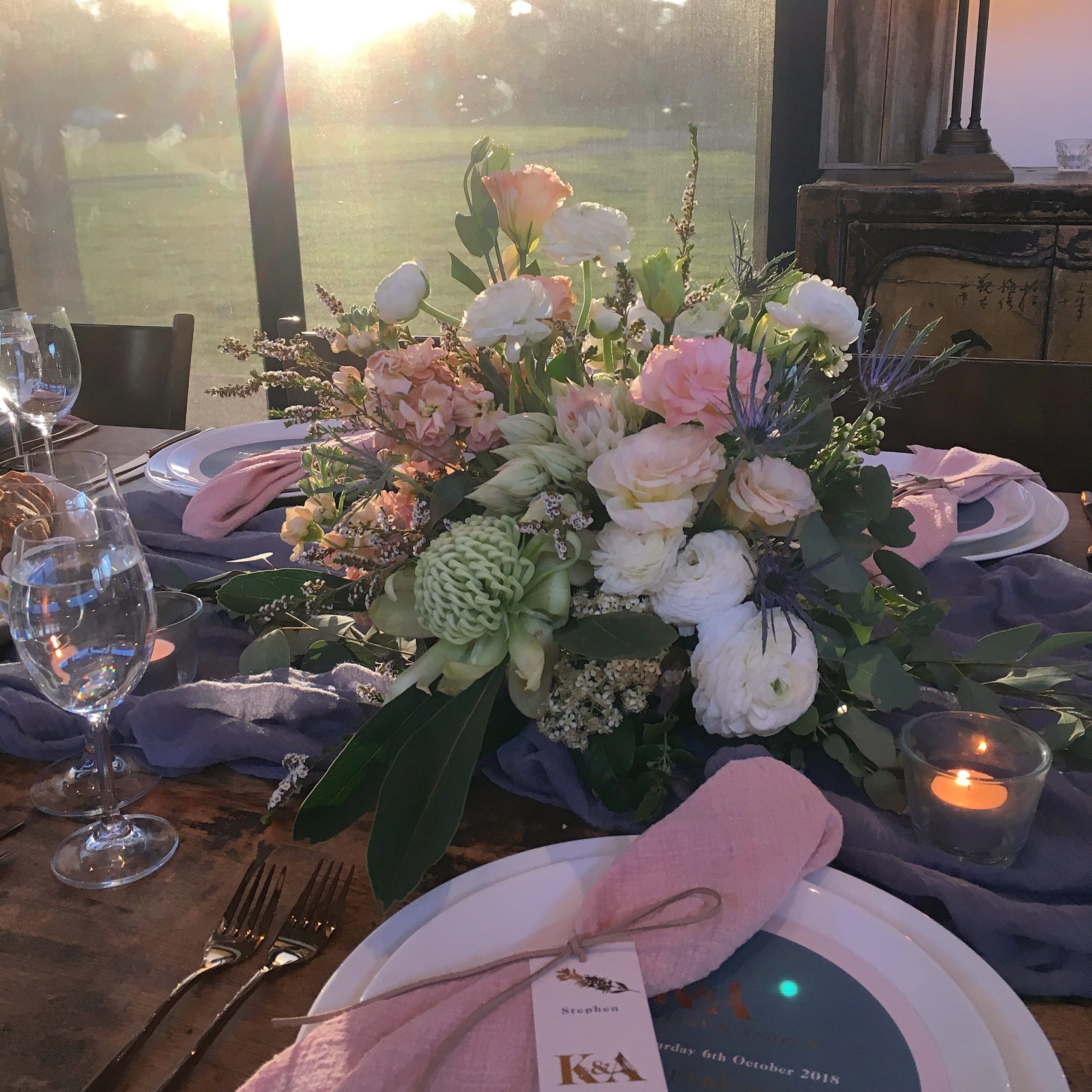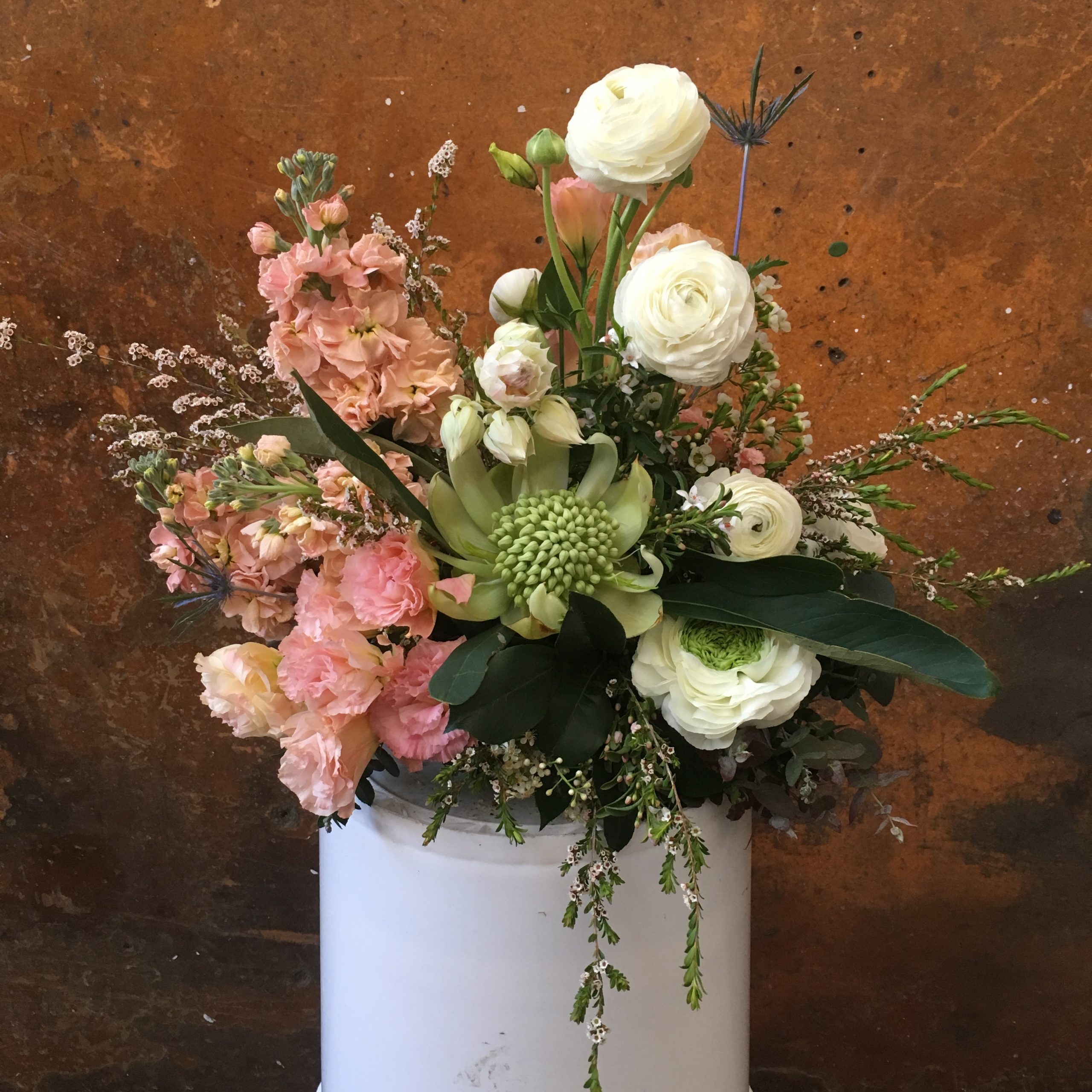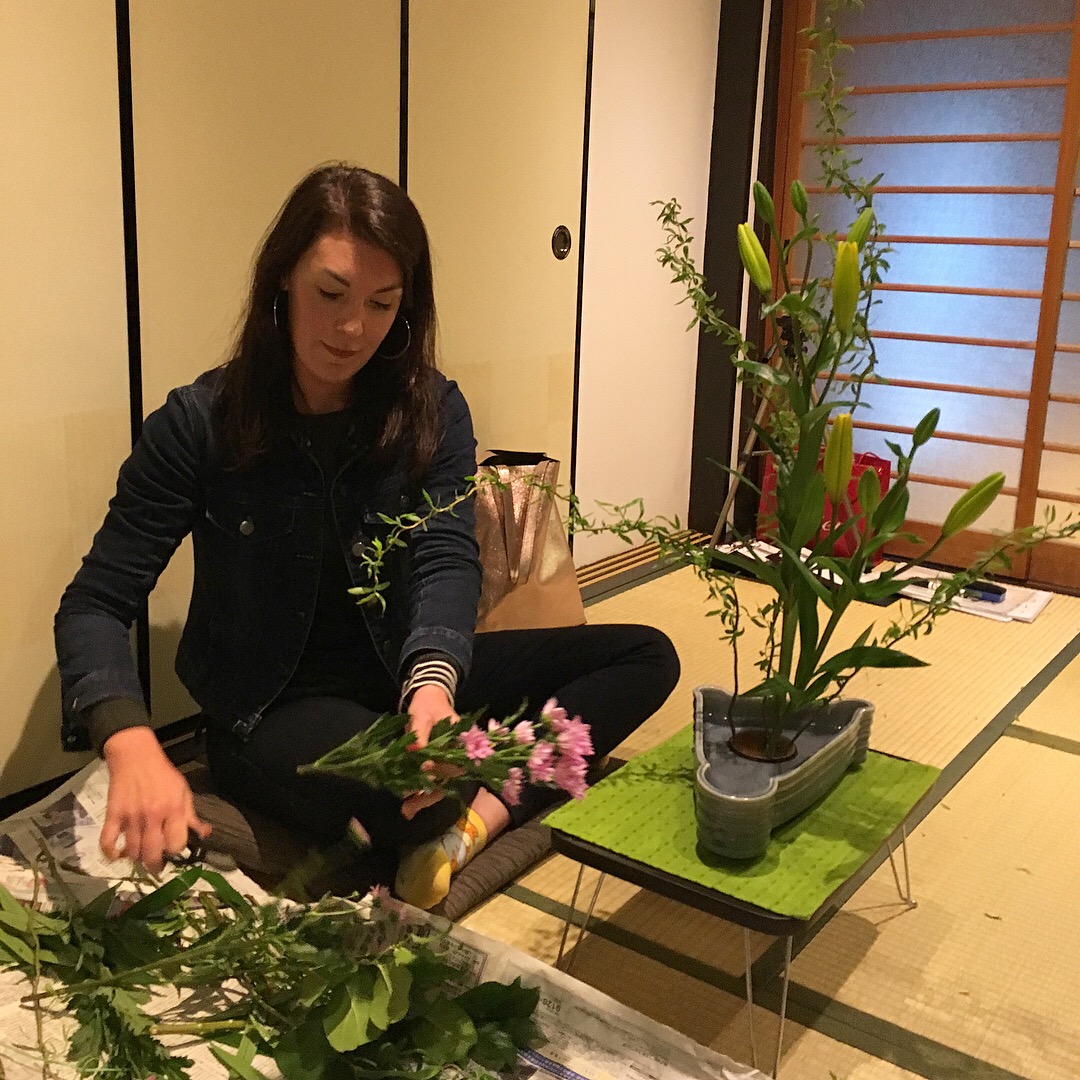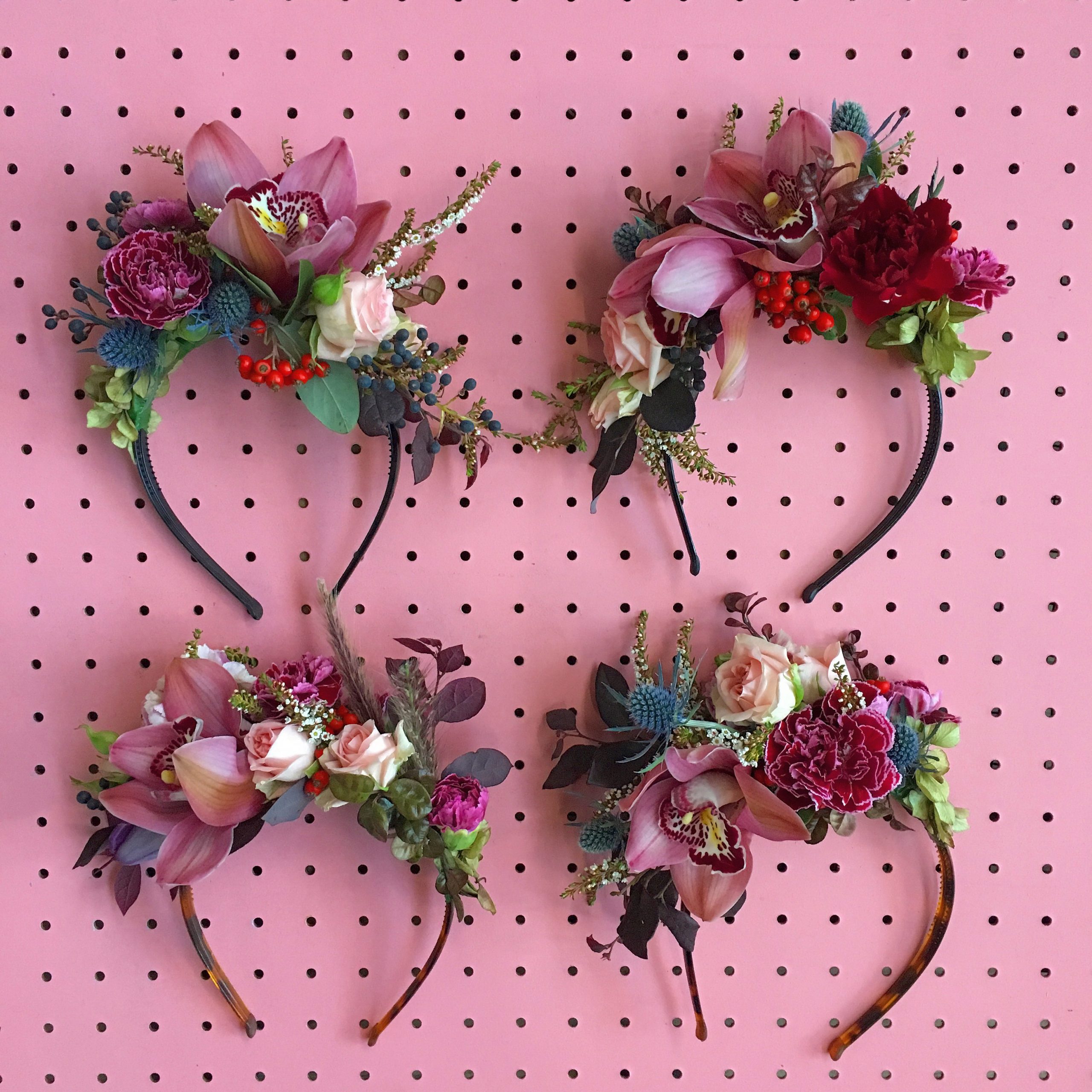Liz Dziedzic, AU.
Liz Dziedzic is an Australian floristry teacher working hard to introduce more sustainable practices alongside the national training package. With over 18 years of floristry under her belt, including running her own business, Liz brings the full spectrum of experience to her role as an educator.
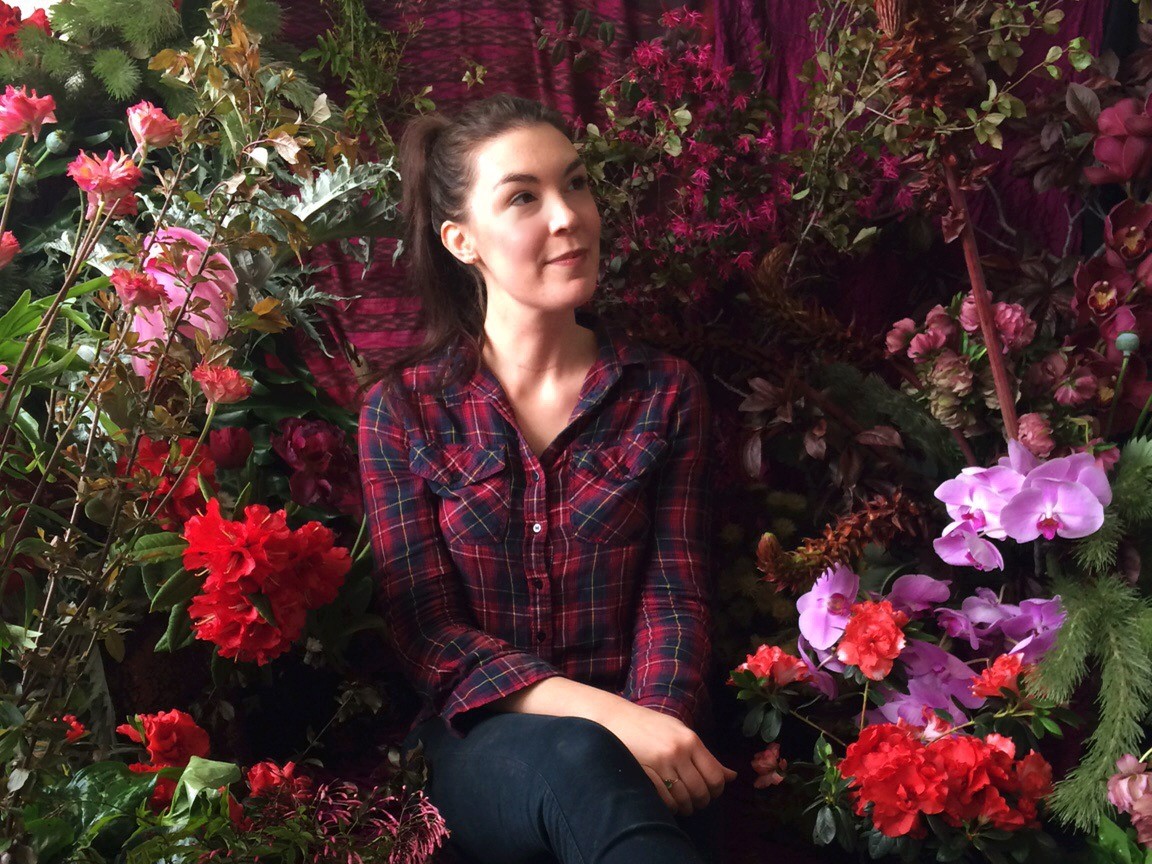
Please tell us a little about your work history.
I’ve been working as a florist for over 18 years now and I’ve had the pleasure of working with some fantastic florists around the world, both big and small. I was originally attracted to the industry through my love of flowers and gardening. My floral journey started when I was fresh out of school and I enrolled in a short course in floristry, to test it out and to see if it was something I wanted to pursue…. and I loved it! From there I continued on to complete the full certificate and started working as a trainee. Then I worked my way from the ground up, covering almost every aspect of floristry – one year I made nothing but funeral caskets!
After years of exploring and learning from working in various florists across Adelaide and Melbourne, I landed as a floristry teacher at TAFE and have been doing that for the past six years.
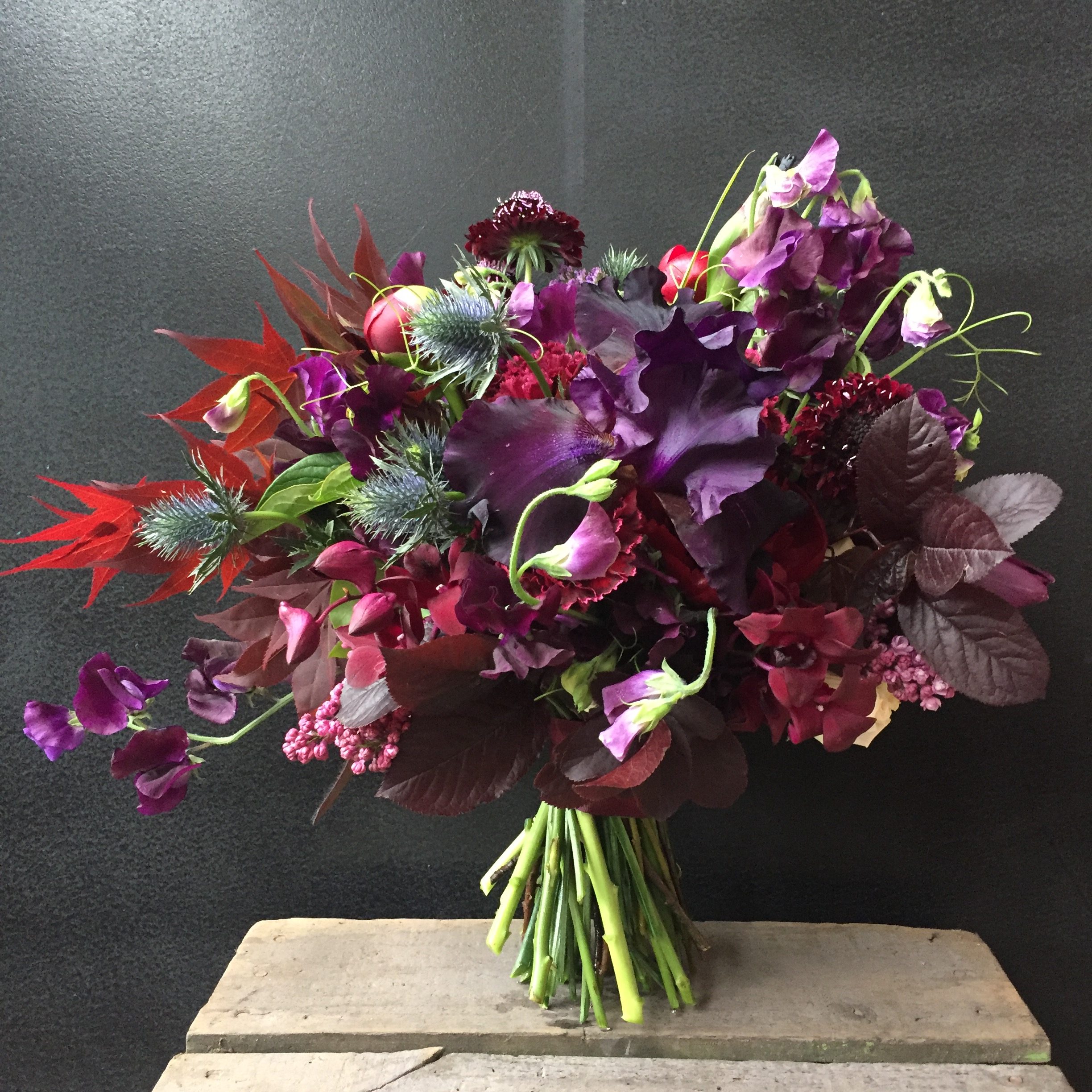
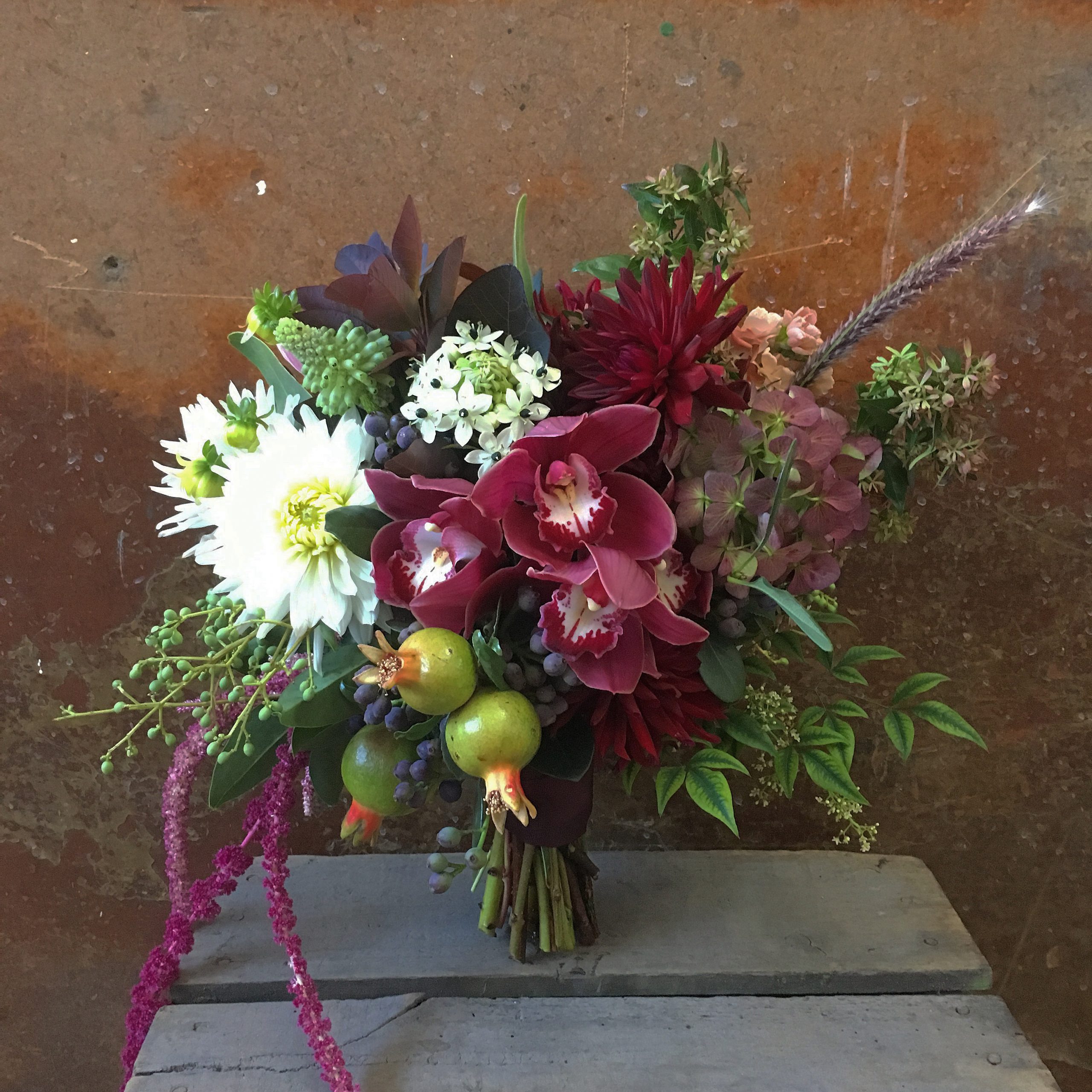
The industry is also renowned for the long hours, hard physical labour and low wages. What part of the job brings you the most satisfaction/joy/inspiration?
Working as a florist, I think it’s a combination of creating, being around great people and working with a beautiful medium. I still get pumped when something like sweetpeas come into season again.
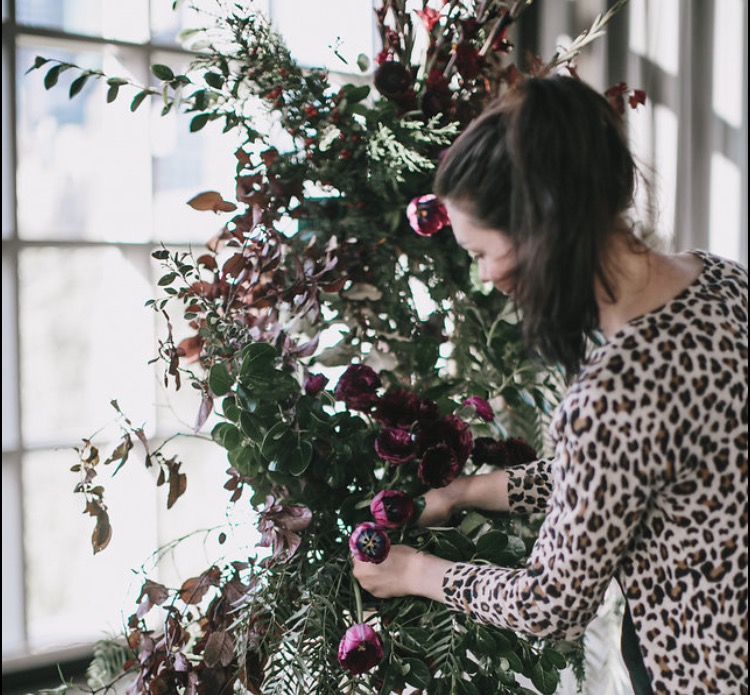
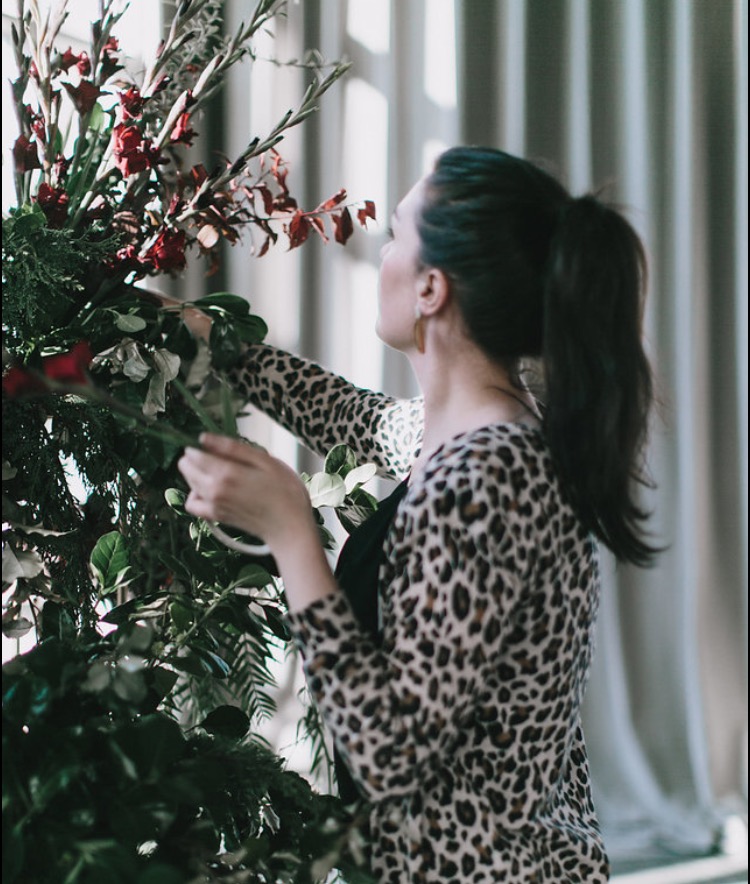
What are the biggest misconceptions about being a career florist?
A lot of people I speak to about being a florist usually say something like, “Oh, that must be so lovely, relaxing and easy”. I mean, it can be at times but it’s definitely not for the faint-hearted. Someone once told me they thought it would be a great retirement job. Ha!
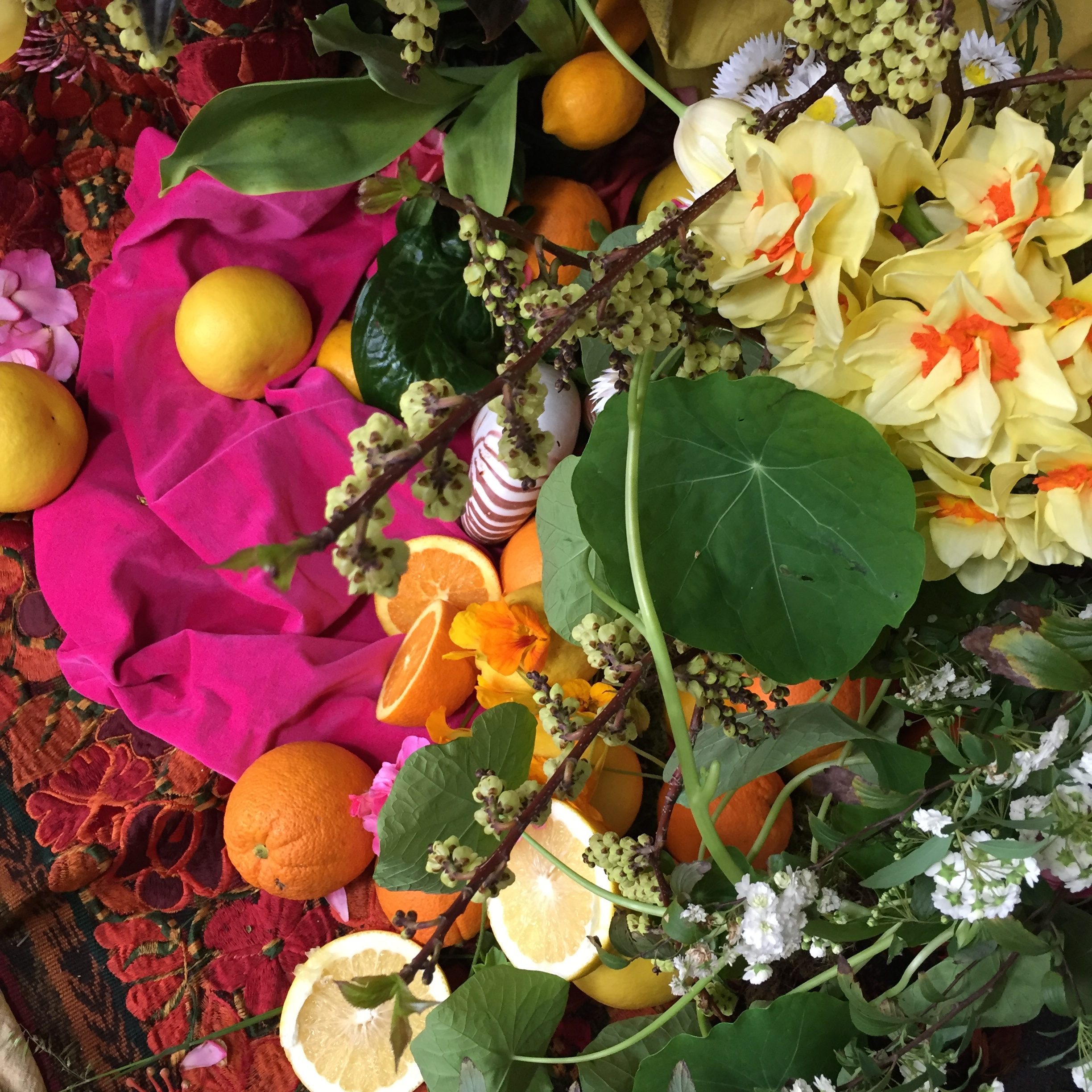
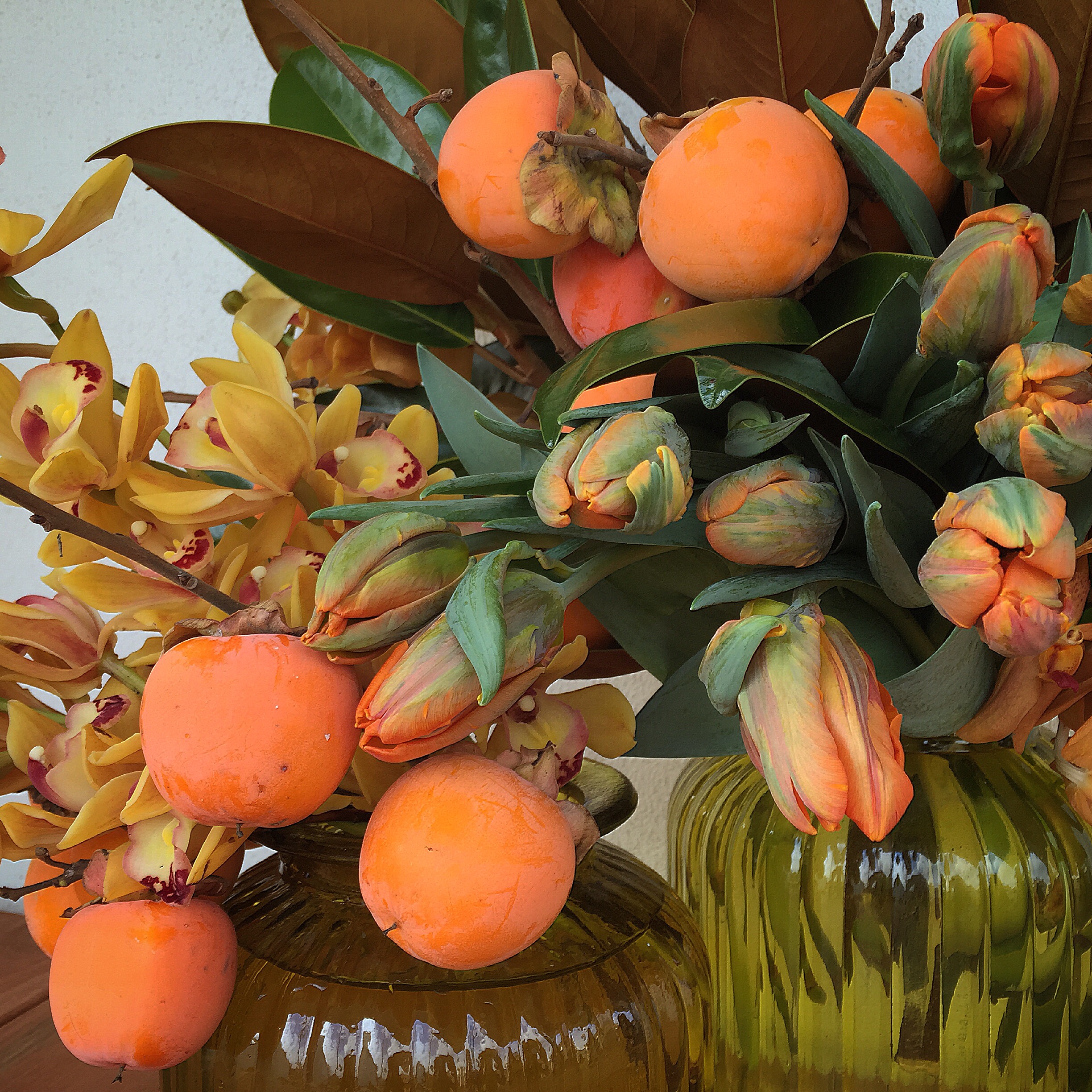
The word ‘sustainability’ in floristry is getting a good run – what does sustainability mean to you in relation to your business practice?
For me as a teacher it’s important to educate the future florists about sustainability. I see it as a valuable employability skill and a necessary practice to implement now for the future.
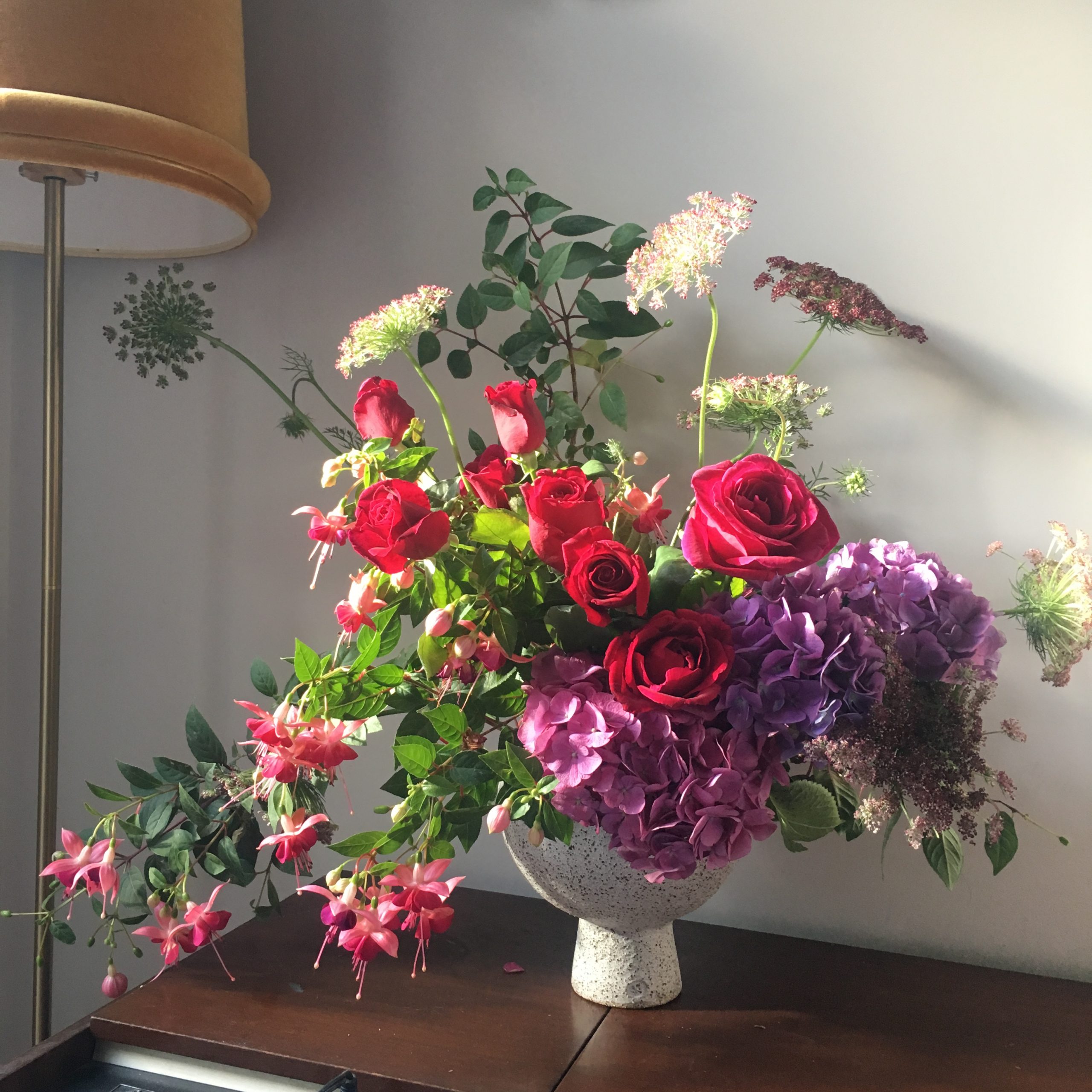
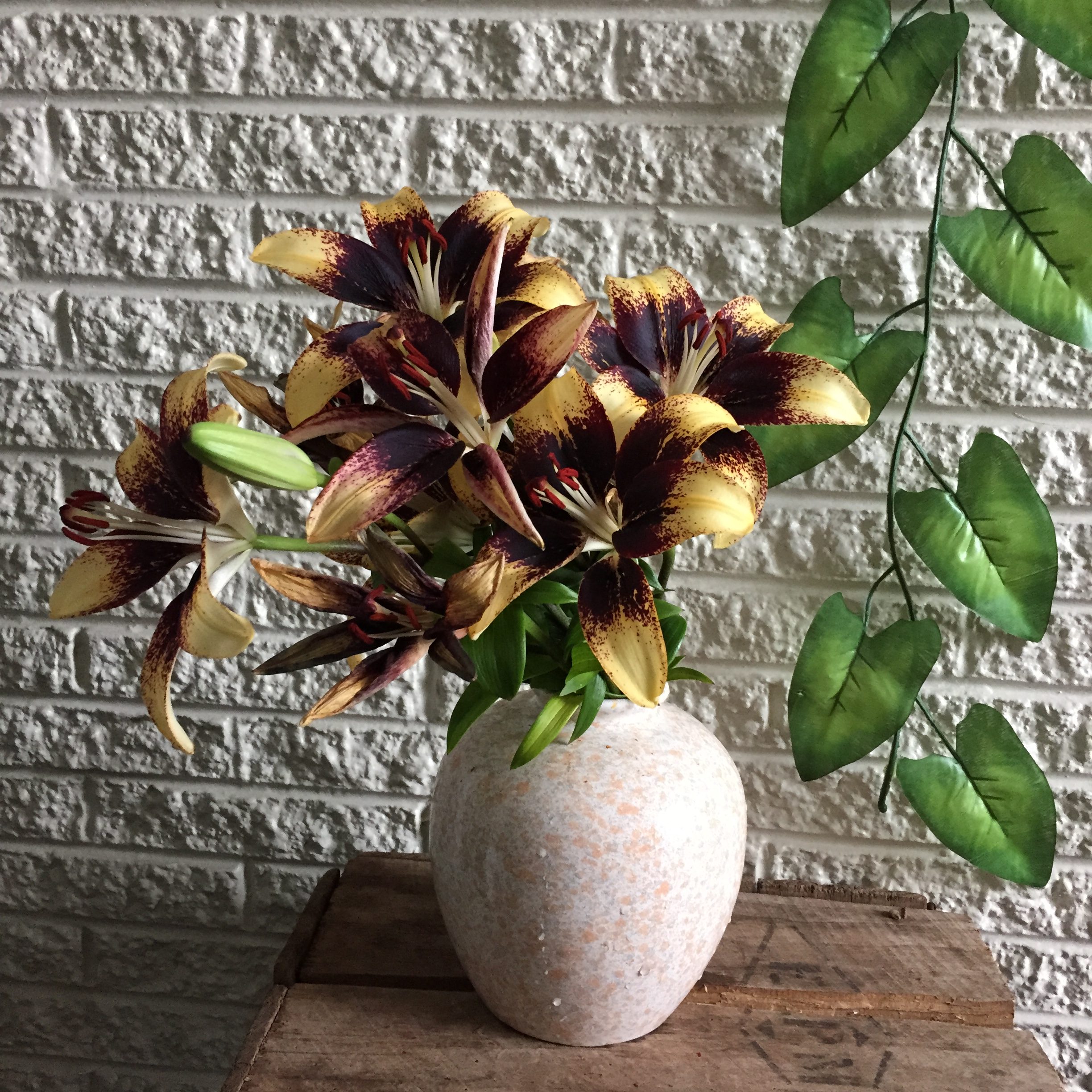
What’s in your toolbox?
Japanese floral snips
Secateurs
Bind wire
Sharp ribbon snips
Florist’s knife
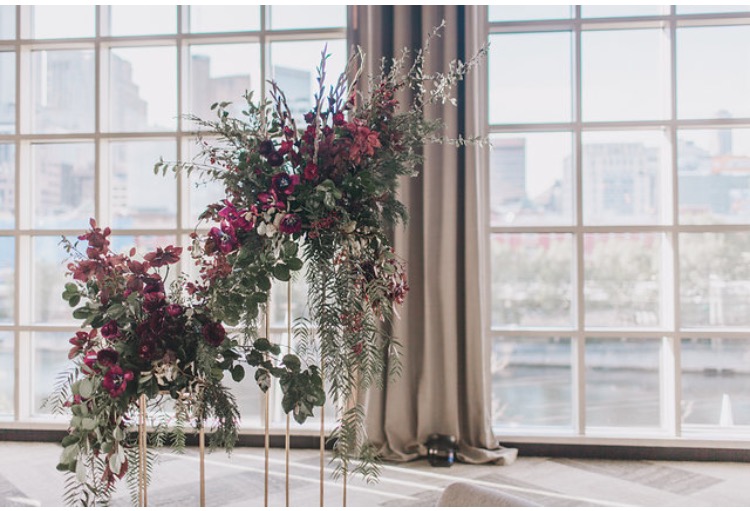
What attitudes do you think need to change – for both florists and consumers – taking into consideration the SFN principles?
I think these principles pretty much hit the nail on the head. I have seen an increase in promoting locally grown and seasonal flowers but more could still be done, maybe in the form of advertising/media exposure or simply further education on where flowers are coming from and how they are treated.
Designing for the planet is something that can initially take time and resources to put into practice but it always pays off in the end and it can actually make jobs easier to create.
Managing waste is another aspect I think a lot of florists are working on and, as with designing for the planet, can take a little extra time but the benefits of doing this massively outweigh the time.
Support safe and fair working conditions throughout supply chains is something I think needs more transparency and I’m positive that consumers would get behind this initiative and potentially pay more for their product if the right conditions were met.
Communicating with customers is possibly the key to a lot of these factors. If customers are educated on sustainability factors and supplied with new ideas and suggestions for a more sustainable product I believe they would be more than happy to choose that option over the less sustainable option. Customers could actually drive this change in the industry by only shopping at the more sustainable florists.
